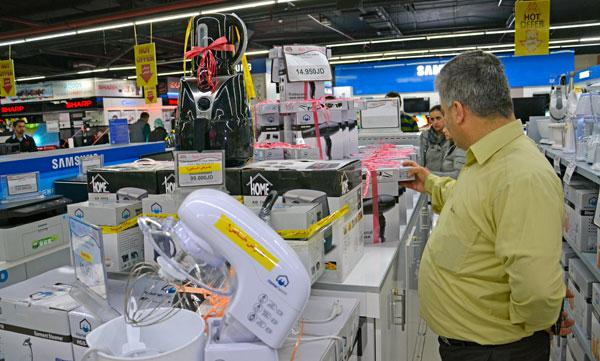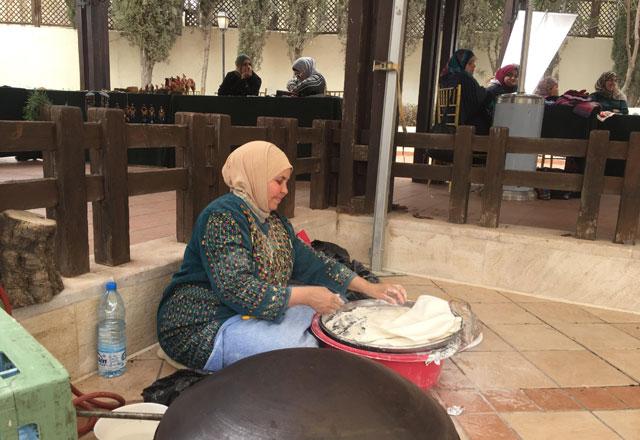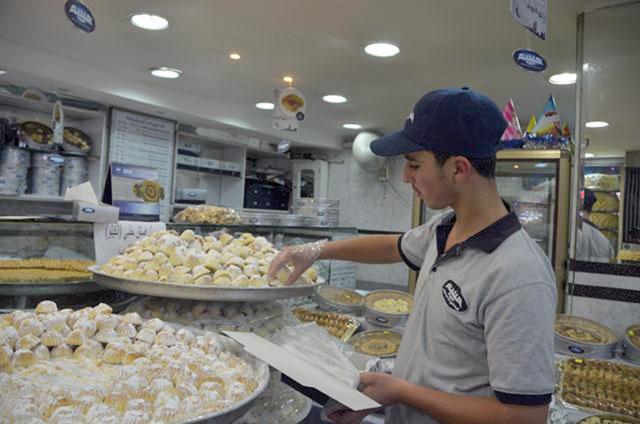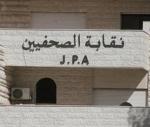You are here
Mother’s Day bazaar celebrates women’s economic empowerment
By Jocelyn Chau - Mar 21,2022 - Last updated at Mar 21,2022
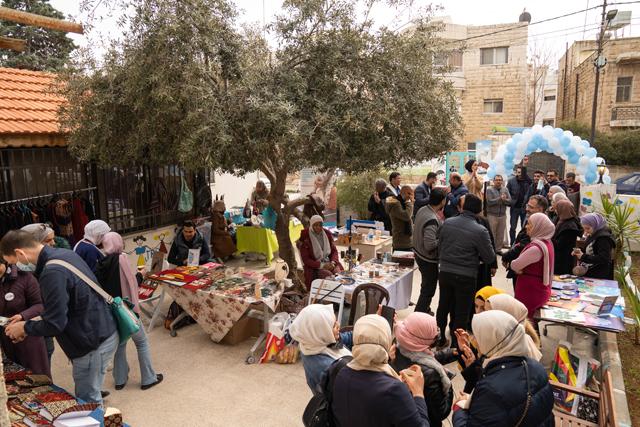
Participants during a bazaar organised by the Jesuit Refugee Service on the occasion of Mother’s Day in Amman on Sunday (Photo courtesy of JRS/ Silvia Mazzocchin)
AMMAN — A bazaar organised by the Jesuit Refugee Service (JRS) Jordan on Sunday brought together 35 participants including refugees from the region sharing their cultures as well as hand- and home-made creations.
During the event held in Amman’s Jabal Hussein on the occasion of Mother’s Day, participants from countries such as Yemen, Syria, Iraq, Jordan, Sudan and Algeria had the opportunity to showcase their home-based businesses such as food, henna drawing, embroidery and accessories.
The JRS Jordan has been operating in the Kingdom since 2008, responding to the education and basic needs of vulnerable people including refugees, asylum seekers and host community members.
“The occasion to celebrate Mother’s Day and Women’s Day, during the month of March, offered a great chance to organise this beautiful moment of sharing, and to offer to the participants an opportunity of economic empowerment and promotion of their products and home-based businesses,” JRS Communication Manager Silvia Mazzocchin told The Jordan Times.
Khadeija, a Syrian mother selling decorative wooden plates with Arabic calligraphy at the bazaar, said: “Everything is made by my daughter’s hand — the drawing and the writing. On these plates she wrote sentences such as ‘My mother is my life’ in Arabic to show appreciation to all the mothers.”
“We came to Jordan in 2012. My daughter is 17 years old now. She started painting three to four years ago and has gotten much better,” she added.
Rahaf Alauobi, a teenager from Syria who has been living in Jordan for 10 years, was selling traditional Levantine dishes such as tabbouleh (salad) and yalanji (vegetarian stuffed grape leaves).
“This kind of food from home is important to me because these are the dishes that my grandmother would make. The traditions go a long way,” she said.
At the bazaar was also an Iraqi Christian family showcasing the embroidered “charuga”, a traditional hand-made garment worn at festive occasions among the Christian community in northern Iraq.
“On one of the charugas you can see our church from Qaraqosh in Iraq, the Al Tahera Church that Pope Francis came to visit last year,” Samah told The Jordan Times.
“All the women in Qaraqosh wear this traditional garment, the grandmothers, the mothers, and the daughters. It is a tradition that gets passed down through generations,” she added.
Silvia expressed pride and happiness with the turnout of the Mother’s Day bazaar.
“As most of the participants were women, it was the best occasion to celebrate the efforts, creativity and talents of women, whom — particularly if also refugees — are the ones facing the biggest challenges,” she said.
Related Articles
AMMAN — As Mother’s Day approaches, activists and experts criticised some advertisements for “depicting stereotypical images of women” and “
AMMAN — Despite the numerous obstacles faced by Jordanian women, many are using their skills and experiences to successfully develop small a
AMMAN — As Ramadan is drawing to a close, marking the beginning of Eid Al Fitr, women-led food businesses are witnessing a rise in sales, es


